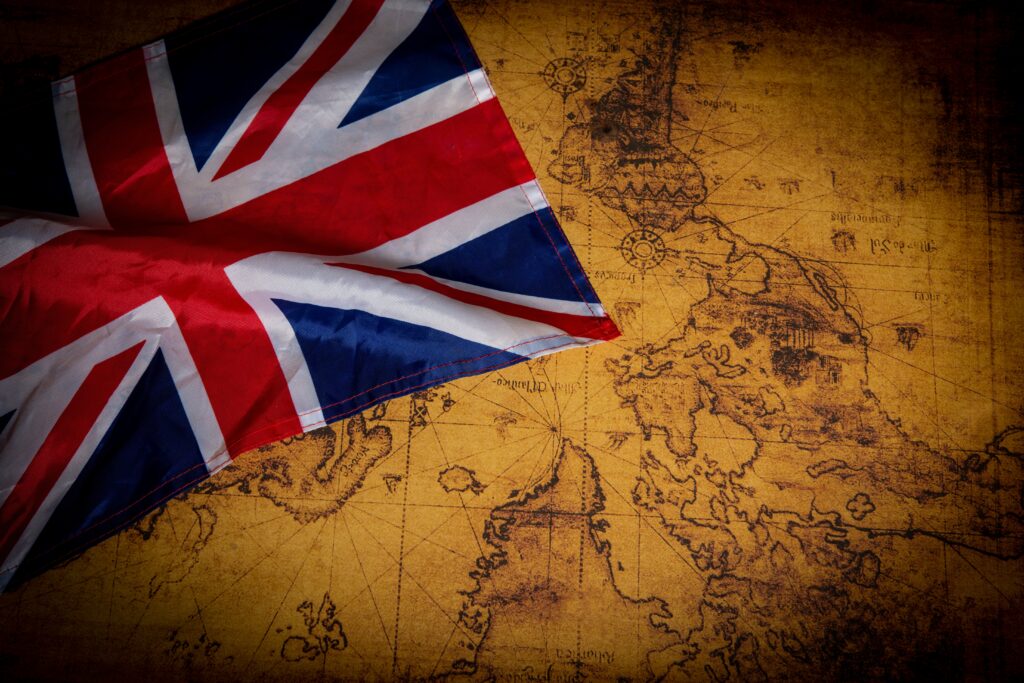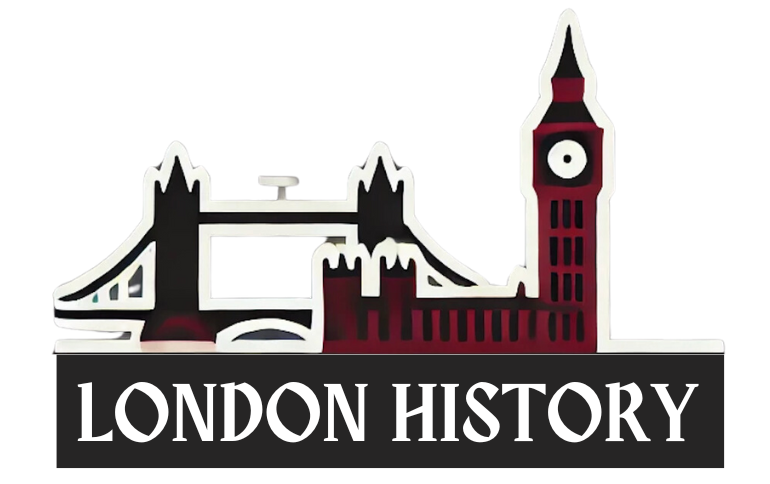The monarchy played a crucial role in the British Empire, serving as both a unifying symbol and a driving force behind its expansion. The monarchs of Britain were not just figureheads; they wielded significant political and economic influence that shaped the empire’s policies and governance. This influence extended overseas, where the monarchy’s authority was used to legitimise colonial rule.
Monarchical power helped in securing alliances, funding explorations, and establishing treaties with other nations. The royal charters granted companies like the East India Company the right to trade and exert control in foreign territories. This system enabled the expansion of British influence and solidified the empire’s global reach.
The crown also played a pivotal role in promoting British culture and values throughout the empire. Royal tours and visits to colonies reinforced the connection between Britain and its overseas territories. These visits served to remind colonised peoples of the monarch’s presence and the supposed benefits of British rule.
Monarchical Governance in the British Empire

The monarchy played a central role in shaping governance within the British Empire, marked by the establishment of royal authority and specific royal responsibilities.
Establishment of Royal Authority
The British monarchy established its authority through a combination of legal frameworks, charters, and colonial administration. Royal charters granted rights and privileges to merchants and settlers, facilitating exploration and settlement.
The monarchy also authorised legislative assemblies in colonies, allowing local governance while maintaining ultimate control. This ensured loyalty to the Crown.
By appointing governors and other officials, the monarchy maintained direct oversight, ensuring policies aligned with the interests of the British government. This centralised control allowed for a unified approach to colonial administration, reinforcing the Crown’s authority globally.
Monarchical Roles and Responsibilities
The monarchy held a range of responsibilities crucial to the governance of the Empire. These included the appointment of colonial governors and officials, who acted on behalf of the Crown.
They issued royal proclamations, laws, and regulations to standardise governance across diverse colonies. The monarchy also played a role in arbitration and dispute resolution, providing a final authority in conflicts between colonies and settlers.
Diplomatic relations with other nations and indigenous peoples were often conducted in the name of the monarch, enhancing the Crown’s international stature. Military oversight, including the establishment of forts and garrisons, was another critical royal responsibility, ensuring the security of the Empire’s territories.
Cultural and Symbolic Influence of the Monarchy
The British monarchy has deeply influenced the cultural and symbolic fabric of the British Empire, affecting national identity and public life.
Representation of National Identity
The monarchy serves as a powerful emblem of British national identity. Monarchs are often viewed as living symbols of continuity and tradition, embodying centuries of heritage and cultural values. Ceremonies such as the Coronation and the State Opening of Parliament reinforce the nation’s history.
Public images and portraits of the monarch have played a significant role in cultural representation. Iconic visuals like Queen Victoria’s statues or Queen Elizabeth II’s coronation portrait are instantly recognisable symbols, seen in public spaces and currency. These representations help foster a unified sense of national pride among the populace.
The royal family’s presence at national events, including Remembrance Day and royal weddings, further cements their role as icons of national unity. Such occasions provide moments for collective reflection and celebration, enhancing the shared cultural experience.
Royal Patronage and Public Life
Royal patronage has a significant impact on public life, influencing not just culture but also charitable activities. Members of the royal family act as patrons of various organisations, lending visibility and credibility to numerous worthwhile causes.
Patronage often leads to increased public interest and donations, whether for the arts, education, or social issues. The Prince’s Trust, established by Prince Charles, has become a major force in British charitable efforts, providing support to disadvantaged youths.
The monarchy’s involvement in public ceremonies and events, from Trooping the Colour to state banquets, helps sustain a sense of continuity and tradition. These activities are not merely ceremonial; they reinforce the monarchy’s role in modern public life, connecting history with contemporary society.
